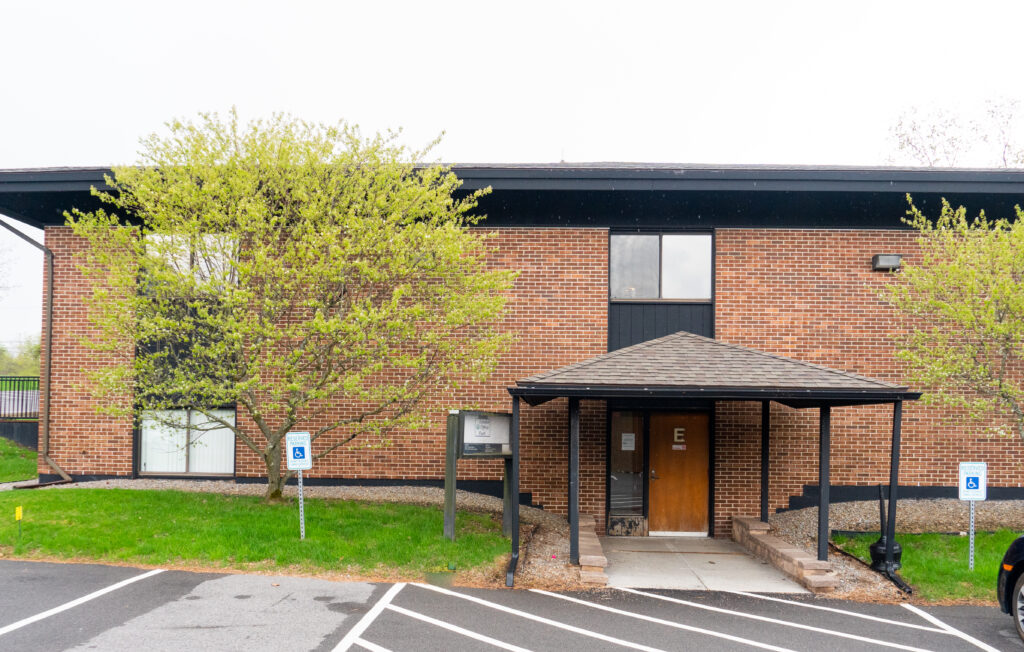Concussions and The Hearing Brain
By digitaljoe
These days, concussions are a seemingly unfortunate fact of life for many young and active Americans, thanks to impact sports, such as football, lacrosse, and ice hockey. While concussions can cause a whole host of problems, ranging from a temporary loss of consciousness to memory loss, few people consider the effect that they can have on the hearing brain.
New research seeks to combat this lack of information by studying the relationship between changes in hearing abilities and concussions. Thanks to new approaches to studying concussions, insight into the connection between the hearing brain and traumatic brain injuries is now possible.
Current Research
Until recently, the main methods for diagnosing concussions relied on a series of tests that compared a patient’s “normal” brain to their brain after an impact. Most of these tests required the patient to undergo a series of cognitive tests that sought to compare the speed and accuracy of certain brain functions (e.g., memory and recall) both before and after an incident.
As you might expect, however, in such a test, it’s pretty easy for a patient keen to continue playing their sport to skew the results by purposefully taking longer to answer questions during their “baseline” testing. A new test, called the Frequency-Following Response (FFR), however, presents an objective way to identify concussions by measuring the neural activity of the brain.
In this test, participants’ neural activity is measured in response to sounds, so it’s impossible for a patient to purposefully or accidentally affect their test results. What’s interesting for the hearing healthcare world, however, is that the studies used to develop this technique identified that children who have had a concussion demonstrate a disrupted neural response to the noise frequency of speech.
This might sound confusing, but basically, it means that a concussed brain doesn’t respond the same way to the sound of speech as a non-concussed brain would. But this neural response does improve as an individual recovers, so their neural response to the fundamental frequency of speech can be used to identify concussions with up to 90% accuracy.
The most important takeaway from this research, besides a new concussion test, however, is not that our neural response to speech changes when we have a concussion, but that there is evidence to suggest a weakened response to speech follows people well into their post-concussion lives. After studying the FFR of collegiate football players, fifty percent of whom had a history of concussions, the researchers found that the previously concussed players had a weakened response to the frequency of speech up to six years after their last injury.
Thus, this research suggests that there may be long-term negative impacts of concussions on one’s hearing health. While previous researchers struggled to objectively test concussions, using the new FFR technique, scientists can now test for concussions and measure the effect that a traumatic injury is having on the hearing brain.
Thanks to the new FFR testing technique, we may gain interesting insight into whether or not repeated brain injuries can permanently damage our hearing abilities, thereby paving the way for innovative treatments for people with concussion-induced hearing loss.


